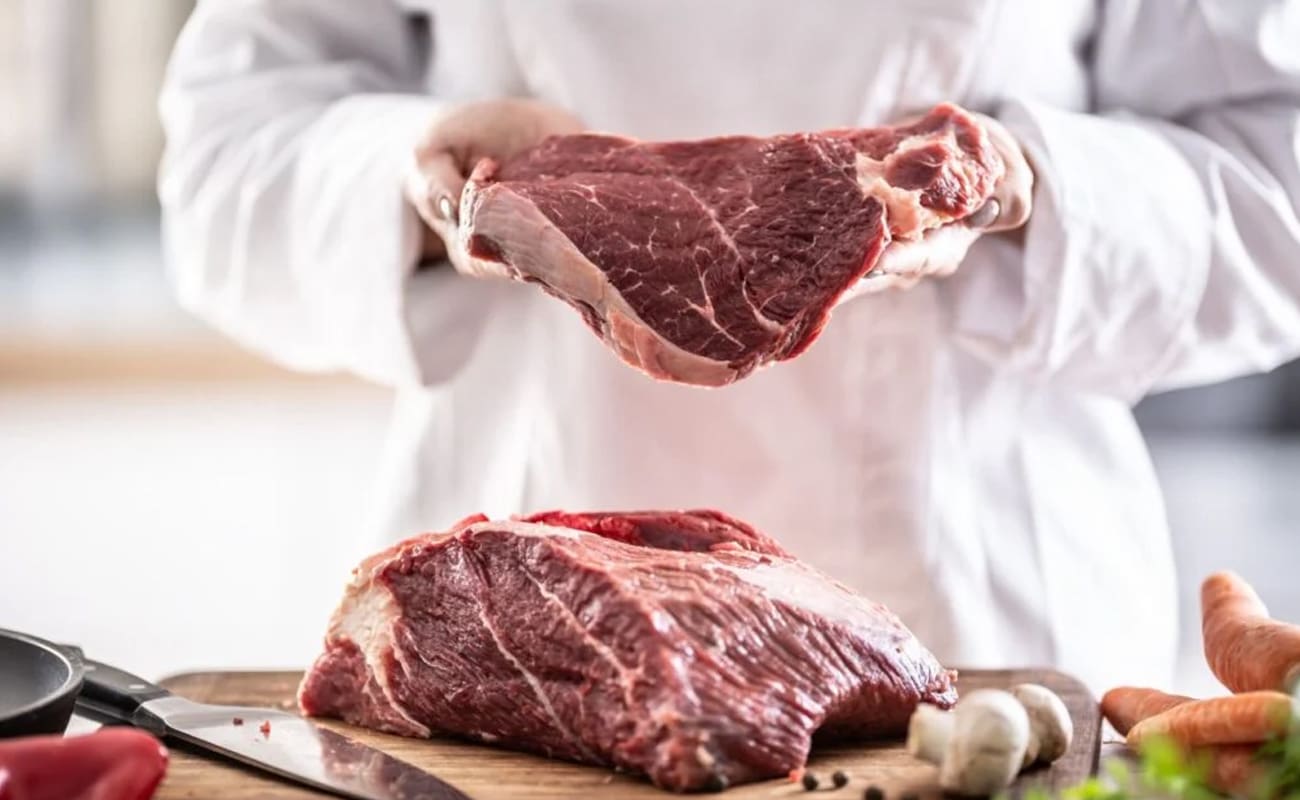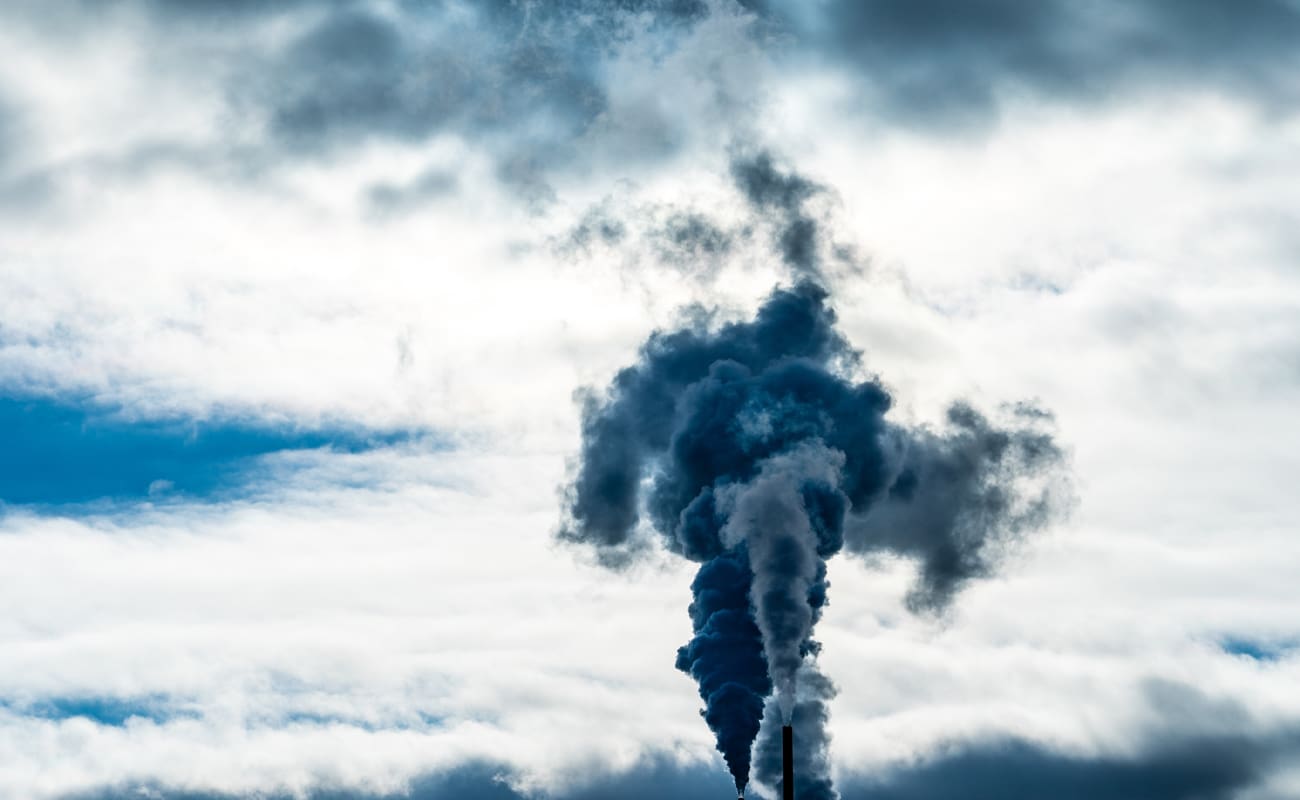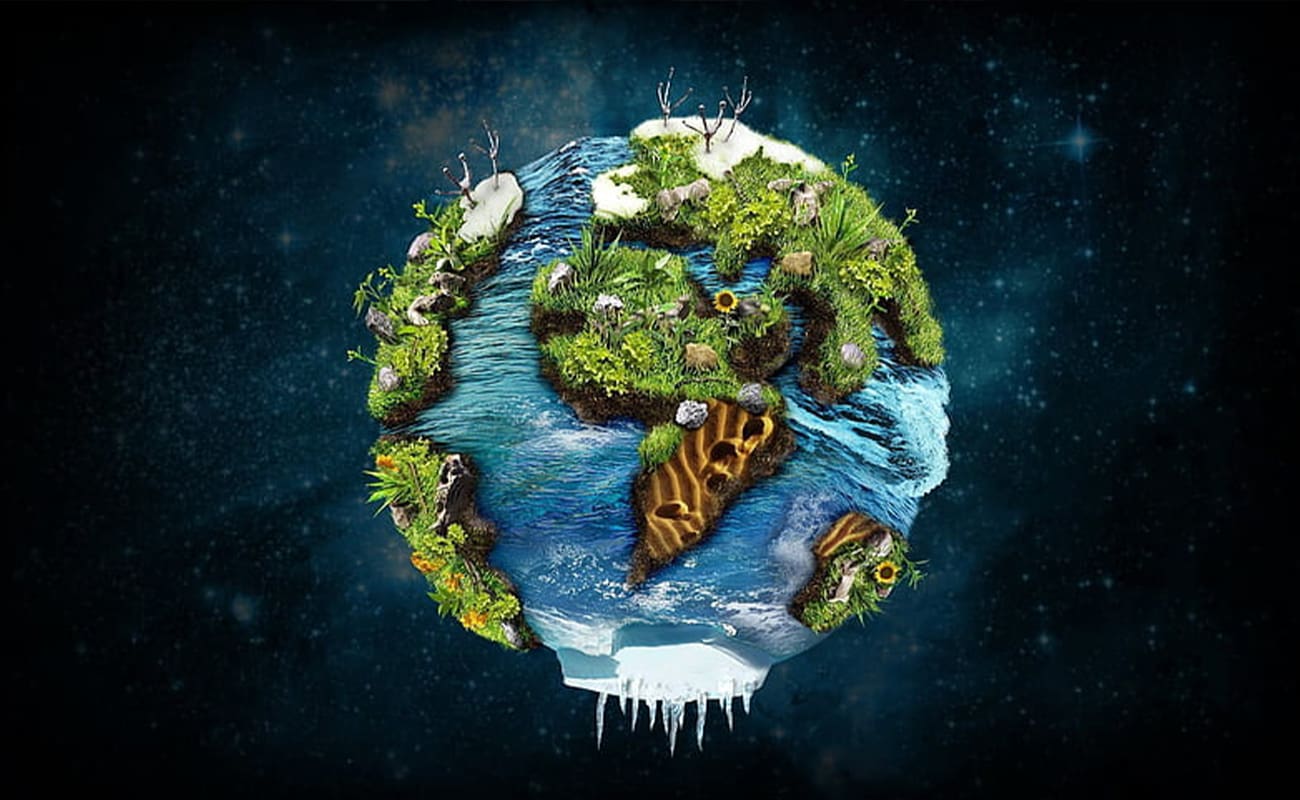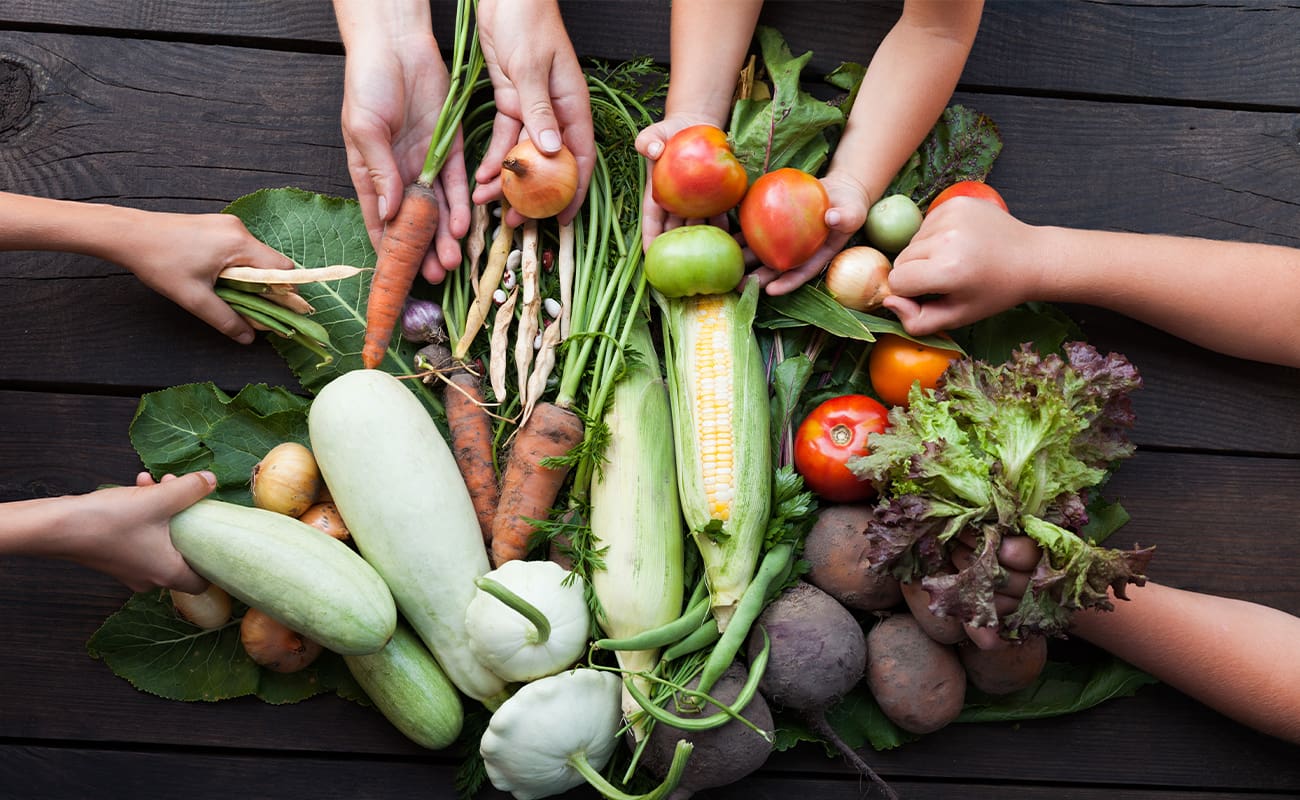Climate change stands as one of the most urgent global crises, and industrial animal agriculture is a major driver behind its acceleration. Factory farming contributes significantly to greenhouse gas emissions—primarily methane from cattle, nitrous oxide from manure and fertilizers, and carbon dioxide from deforestation for feed crop cultivation. These emissions collectively rival those of the entire transportation sector, placing animal agriculture at the center of the climate emergency.
Beyond direct emissions, the system’s demand for land, water, and energy intensifies climate pressures. Vast forests are cleared to grow soy and corn for livestock feed, destroying natural carbon sinks and releasing stored carbon into the atmosphere. As grazing expands and ecosystems are disrupted, the planet’s resilience against climate change weakens further.
This category underscores how dietary choices and food production systems directly influence the climate crisis. Addressing the role of factory farming is not only about reducing emissions—it is about reimagining food systems that prioritize sustainability, plant-based diets, and regenerative practices. By confronting animal agriculture’s climate footprint, humanity has the opportunity to curb global warming, safeguard ecosystems, and secure a livable future for generations to come.
As concerns about climate change and environmental degradation continue to grow, it is becoming increasingly clear that we need to make significant changes in our daily lives to protect and preserve our planet. One area where we can have a substantial impact is in our food choices. Animal agriculture and the production of animal products have been identified as major contributors to greenhouse gas emissions, deforestation, water scarcity, and biodiversity loss. In this post, we will explore the environmental impact of animal products and why it is crucial to say goodbye to these products for the sake of our planet. By embracing sustainable alternatives and shifting towards plant-based diets, we can make a positive impact on our environment and create a healthier future for ourselves and future generations. The Environmental Impact of Animal Products Animal agriculture contributes to greenhouse gas emissions, including methane and carbon dioxide. Animal farming requires large …


























































